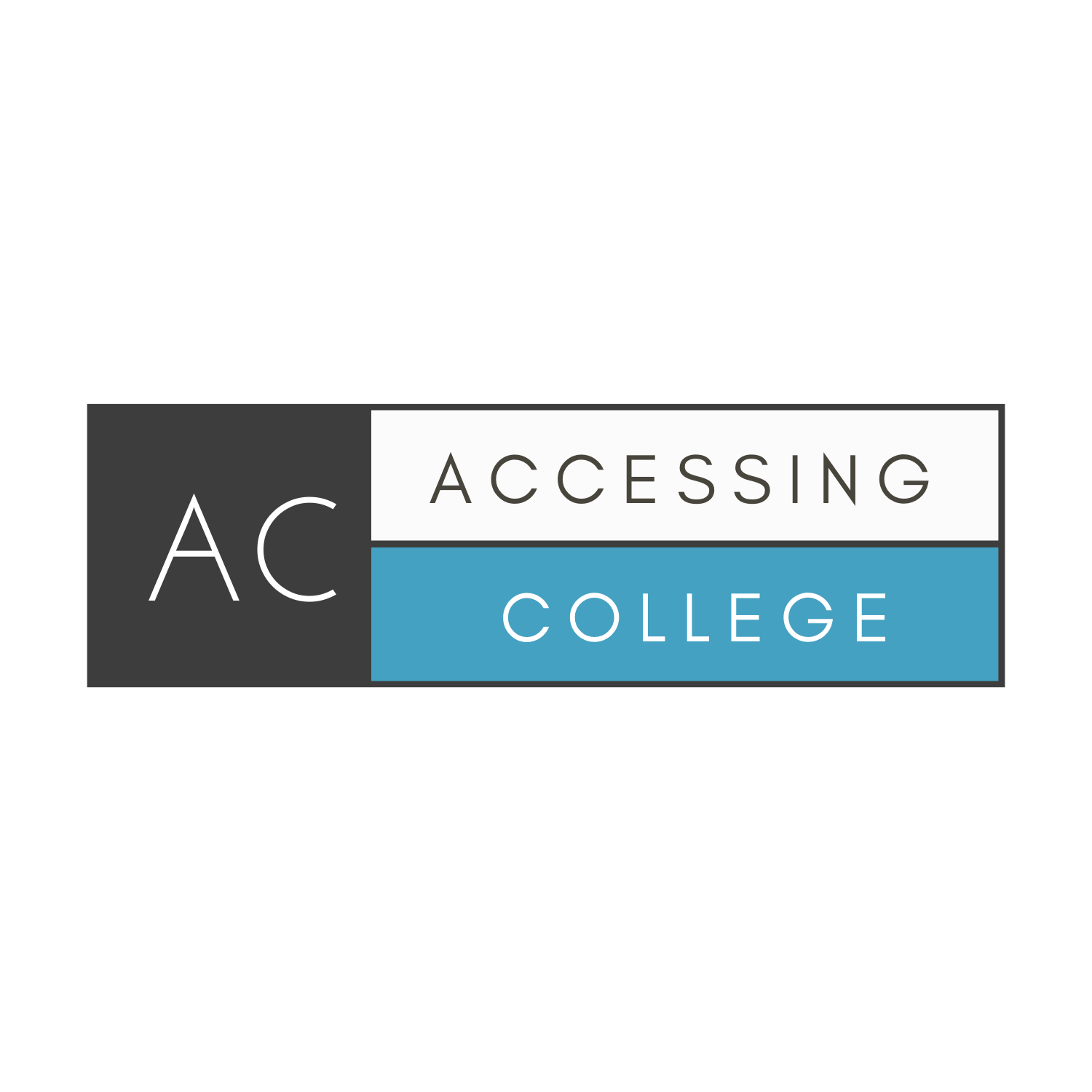Discover the crucial link between student mental health and academic success as you gain essential knowledge and skills to excel in supporting your clients. Accessibility for college students with mental health conditions is a top concern that can have a profound effect.
Yet, most therapists don’t know what college accommodations are nor the ethical and legal issues involved.
Even the clients have little or no information about college accommodations or even if they exist. If you work with anyone attending college classes, this information is crucial for you and your client.

Hi, I’m Dan Jordan a licensed professional counselor for over 20 years. I’ve worked in higher education in a university counseling center for over 14 years. Over 10 of those years, I worked as the sole accessibility coordinator for the same university. I know firsthand what it takes to have your clients make an informed choice and to get accommodations they need.
Sometimes we have to ensure sure our clients are fully supported on their college journey.
How does a clinician provide that support if they lack the information and ethical guidance needed to help their clients through the accommodation request process?
Does your client know that accommodations even exist and that they can apply for them? Probably not.
Do you know? Most likely you don’t.
That’s why I made the course Intersection of Counseling and Accessibility: The Ethics of Understanding the Who, What, When, and Why of Accommodation Requests.
Get informed and give your clients the support they need while protecting your practice.
Here’s some important statistics.
- 69% of students with learning disabilities no longer think they have a disability upon graduating high school (NCLD)
- 76% of students with learning disabilities attending college never request accommodations (NCLD)
- Students who wait to request accommodations
- 5 times more likely not to graduate (Hudson, R.L. 2013)
- leads to lower GPAs (Lightner, K. L., Kipps-Vaughan, D., Schulte, T., & Trice, A. D. 2012)
- Student voice survey found
- Top 3 stressors: exams, academic pressure, and time management
- 75% experience “some” to “a great deal of stress” that affects their focus, learning and negatively affecting academics.
Let’s Improve Accessibility for College Students with Mental Health Conditions!

Learning objectives include:
Practical Application of Relevant Laws: Participants will be able to apply a practical understanding of the relevant laws governing students with disabilities. Gain insights into legal requirements to ensure your clients receive the accommodations they need for academic success.
Creating Reasonable Accommodations: Learn how to apply your understanding of accessibility laws to create reasonable accommodations tailored to your clients’ specific needs. Effectively address diverse challenges to support your clients’ mental health and academic journey.
Documentation Writing: Participants will be able to write appropriate documentation to support your recommendations and ensure your clients’ needs are well-communicated and met.
Handling Special Requests: Navigate the complex issues involved in requests such as emotional support animals, single room accommodations, and presentation modifications. Gain confidence in addressing unique challenges to provide comprehensive support and make the best and most informed choice for you and your client.
Preparing Clients for Transition: Learn about transition issues, their impact on mental health, and best practices to prepare your clients’ expectations for recovery and their transition to college life. Empower your clients with the necessary tools to thrive academically and emotionally.
Ethical Considerations and Best Practices: Assess ethical considerations and gain a practical understanding of best practices, confidentiality, informed consent, and disclosure of client information related to accommodation requests ensuring the well-being of your clients and your practice. Balance your client’s needs, their request, and protect your practice.
Empower your counseling practice with this comprehensive program, equipping you with the skills to advocate for accessibility and collaborate effectively with campus accessibility offices. Take the first step towards creating a supportive and successful environment for your clients! Enroll now and unlock the full potential of your counseling services.
The two hour training includes:
- Supporting documents from the ACA and APA to assist you in making your decisions.
- OCR letter to faculty who requested disability records.
And
- A checklist to ensure informed consent for accommodation requests.
- A worksheet to help you address what accommodations maybe appropriate.
This program is for professionals in these disciplines:
- Psychiatrists, Internists, Pediatricians, Gerontologists, Nurses, Physician Assistants, Nurse Practitioners
- Psychologists, Counselors, Social Workers, Therapists, Marriage & Family Therapists
- Speech Pathologists, Dietitians, Occupational Therapists, Behavioral Analysts, Substance Use Professionals
Note: This is for individual professional development only. Please contact us about institutional licensing options.
CEU’s are not available at this time.


